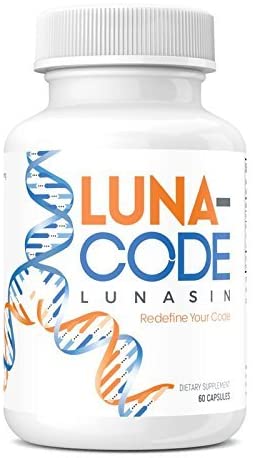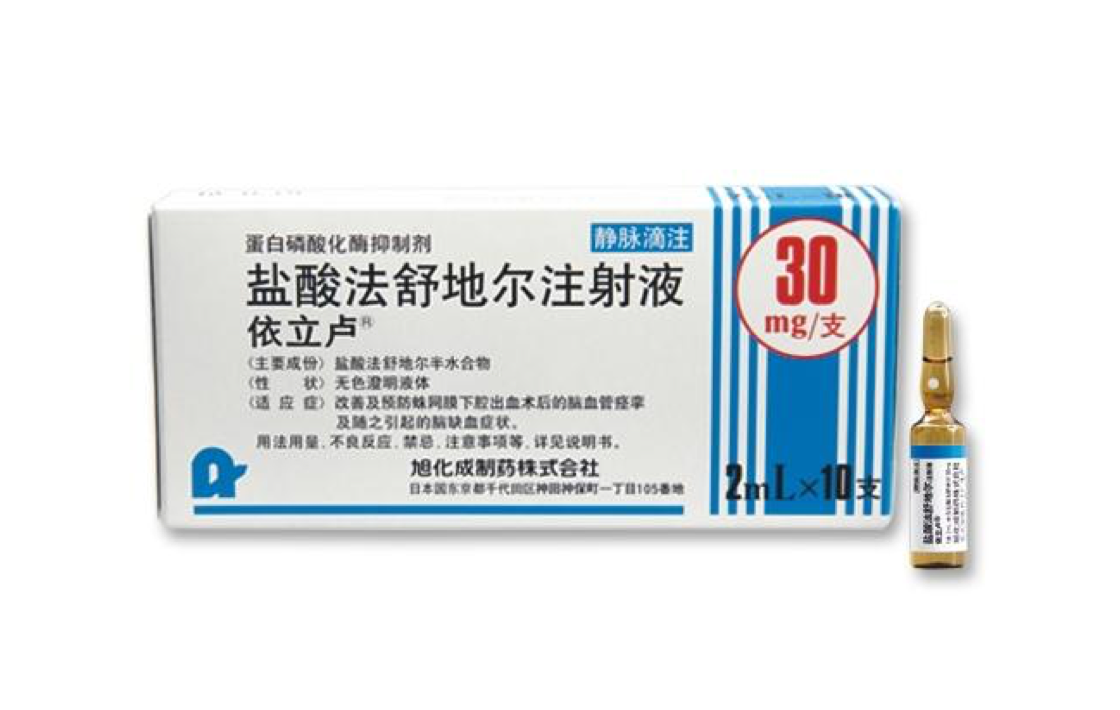Lunasin (lunasin) vs Eril (fasudil hydrochloride)
Lunasin (lunasin) vs Eril (fasudil hydrochloride)
Lunasin is a naturally occurring peptide initially identified in soybeans, which has been studied for its potential health benefits, including anti-inflammatory, antioxidant, and possibly anticancer properties, but it is not an approved medication for any specific condition. Eril, on the other hand, is the brand name for fasudil hydrochloride, a pharmaceutical drug that is a Rho kinase inhibitor and is primarily used to treat cerebral vasospasm, which is a complication of subarachnoid hemorrhage, and also has potential off-label uses for other vascular conditions. When deciding between Lunasin and Eril (fasudil hydrochloride), one should consider that Eril is a prescribed medication with specific indications and a known mechanism of action, whereas Lunasin is a dietary supplement with a broader, less well-defined range of potential health effects and is not used to treat or prevent specific medical conditions.
Difference between Lunasin and Eril
| Metric | Lunasin (lunasin) | Eril (fasudil hydrochloride) |
|---|---|---|
| Generic name | Lunasin | Fasudil hydrochloride |
| Indications | Not established for medical use | Cerebral vasospasm, subarachnoid hemorrhage, prevention of angina |
| Mechanism of action | Peptide thought to influence epigenetic regulation | Rho kinase inhibitor |
| Brand names | Not available as a pharmaceutical brand | Eril |
| Administrative route | Typically consumed orally as a dietary supplement | Intravenous |
| Side effects | Insufficient data for a comprehensive list | Headache, dizziness, hypotension, nausea |
| Contraindications | Insufficient data for a comprehensive list | Hypersensitivity to fasudil, severe hepatic or renal impairment |
| Drug class | Not classified as a drug | Rho kinase inhibitor |
| Manufacturer | Not applicable | Asahi Kasei Pharma Corporation |
Efficacy
Lunasin and Amyotrophic Lateral Sclerosis (ALS)
Lunasin is a naturally occurring peptide that has been studied for its potential therapeutic effects in various diseases, including Amyotrophic Lateral Sclerosis (ALS). ALS is a progressive neurodegenerative disorder that affects motor neurons in the brain and spinal cord, leading to muscle weakness and atrophy. The efficacy of Lunasin in the treatment of ALS has been explored due to its anti-inflammatory and neuroprotective properties. However, it is important to note that the majority of studies on Lunasin are preclinical, and there is limited clinical evidence to support its use as a treatment for ALS. The scientific community continues to investigate the potential benefits of Lunasin in ALS through ongoing research and clinical trials.
Eril (Fasudil Hydrochloride) and Amyotrophic Lateral Sclerosis (ALS)
Eril, known by its generic name fasudil hydrochloride, is a rho-kinase inhibitor that has been approved for use in the treatment of cerebral vasospasm. Its potential efficacy in ALS has been investigated due to its vasodilatory and neuroprotective effects. Fasudil has been shown to improve outcomes in animal models of ALS by reducing neuronal cell death and inflammation, which are key pathological features of the disease. Despite these promising results in preclinical studies, the translation of these findings into clinical success has been challenging. Clinical trials are necessary to establish the safety and efficacy of fasudil in patients with ALS.
Clinical Trials and Research on Lunasin and Eril
Clinical trials are the gold standard for assessing the efficacy of new treatments for diseases such as ALS. For Lunasin and Eril, clinical trials are essential to determine their therapeutic potential and to understand their mechanisms of action in the context of ALS. As of the current knowledge cutoff, there are limited clinical trials that have been completed or are in progress to evaluate the effectiveness of Lunasin and Eril in ALS patients. The results of these trials will be crucial in determining whether these substances can be recommended for off-label use or as part of standard treatment protocols for ALS.
Conclusion
While Lunasin and Eril have shown potential in preclinical studies for the treatment of ALS, their efficacy in humans remains to be fully established. The limited clinical data available necessitates further research and well-designed clinical trials to evaluate their safety, tolerability, and therapeutic effects in ALS patients. Healthcare providers and patients should exercise caution and rely on evidence-based practices when considering the use of these substances for ALS. It is recommended to stay updated with the latest research findings and clinical trial results to make informed decisions regarding the treatment of ALS.
Regulatory Agency Approvals
Lunasin
-
Food and Drug Administration (FDA), USA

Eril
-
Pharmaceuticals and Medical Devices Agency (PMDA), Japan

Access Lunasin or Eril today
If Lunasin or Eril are not approved or available in your country (e.g. due to supply issues), you can access them via Everyone.org.
How it works

Make an enquiry
Choose the medicine you want to buy, answer a couple of questions, and upload your prescription to speed things up. We’ll get back to you within 24 hours.


Make an enquiry
Choose the medicine you want to buy, answer a couple of questions, and upload your prescription to speed things up. We’ll get back to you within 24 hours.


Breeze through the paperwork
We'll guide you through the required documents for importing unapproved medicine, ensuring you have all the necessary information.


Get a personalized quote
We’ll prepare a quote for you, including medicine costs and any shipping, administrative, or import fees that may apply.


Receive your medicine
Accept the quote and we’ll handle the rest - sourcing and safely delivering your medicine.

Some text on this page has been automatically generated. Speak to your physician before you start a new treatment or medication.
Let's talk
If you have any questions, call us or send us a message through WhatsApp or email:
Contact us




